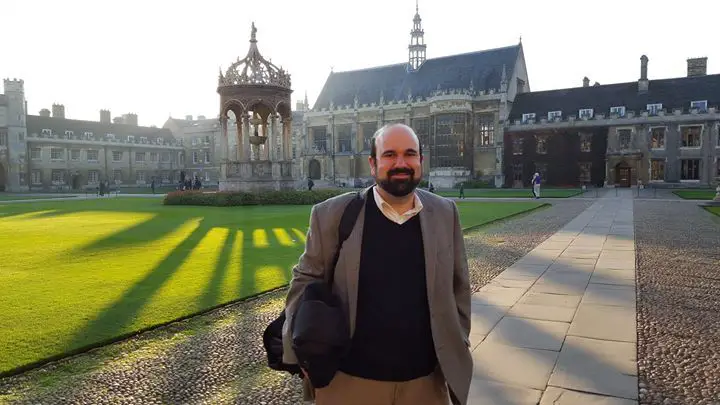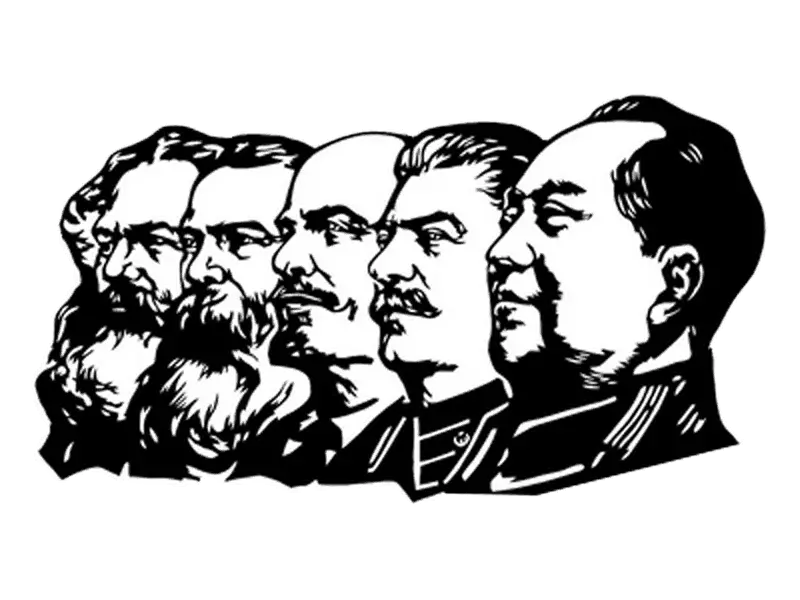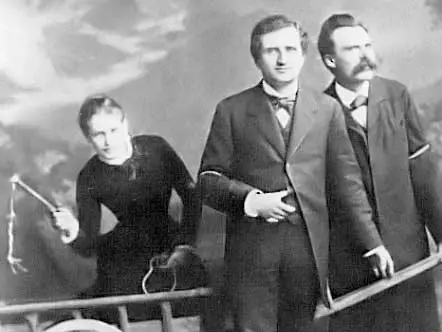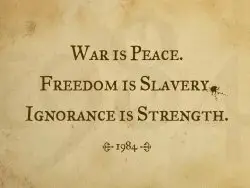There is no such thing as a refugee crisis

There is no such thing as a refugee crisis
We are witnessing a fundamental problem in contemporary political theory – the problem of space and people. This is not a new problem, but it is a problem that has reappeared once again in the early years of this century. It has reappeared precisely because of the sudden disappearance of political ideology in the decade before – or rather, as Slavoj Zizek would point out, the disappearance of an alternative ideology.
What we are witnessing in contemporary political theory is thus a quest to uncover once again the political subject. Is the subject of politics the people or is it the space that they occupy? Is it the European people, or the Brussels technocrats? Is it the German, the French and the Dutch, or is it the individual member states of the Union?
But while the political subject is not clear, while we are unable to decide whether it is the people or their space that is central to political action, we are nevertheless treating the problem itself as immaterial to our action. We have accepted, in the Union, the so-called four fundamental freedoms: of goods, services, capital and people. And while we have embraced all four in the Union, we have only embraced the first three globally. I say we, because I still identify us with the Brussels technocrats – not because we have more in common with them than, say, a Peruvian/Congolese/etc. mineworker, but because we have implicitly endorsed the Union’s policy. We have accepted the Kroeses and the Wallströms as the representatives of this new global economic order. Instead of identifying ourselves with the working classes, we identify with the bureaucratic class representing global capitalism.
But in doing so, we have also accepted that the four freedoms are to be reduced to three. While the global economy is slowly recovering from its latest recession – an occurrence that is both natural and ‘healthy’ in capitalist states; being enraged by it is a folly equivalent of slapstick comedy – we are moving towards a renewed increase in global exchange of goods, services and capital. The only thing that is further restricted is the movement of people. This restriction furthermore is both physical and symbolic. While Israel is expanding the physical wall in the West Bank, while Trump proposes yet another wall between Mexico and USA, while Germany is building new asylums to hide its refugees from the public space – are we not also witnessing symbolic walls rising in places where physical walls do not exist? Even more, are we not witnessing symbolic walls arising in our midst? Indeed, are not the old physical ghettos, which by no means have disappeared but only grown in size – are not these ghettos also emerging as symbolic bastions of fear? Are we not building on top of the physical structures also symbolic means of further segregation?
It is here that the question of the refugees must once again be asked in a serious and political manner. But before we ask this question, we must first ask in what sense the current situation reveals itself as a crisis. Is it a crisis because we did not expect a sudden surge of people to cross the wall – and thus invade our political space? Or is it a crisis because the refugees ‘contaminate’ the purity of our people – as cultural/ethnic/etc. purity?
It is time for the European public to awake from its political inertia and ask itself in what sense it identifies a crisis qua crisis. It is time that it accepts that the true crisis was not the refugees crossing borders, both physical and symbolic, but precisely when the political subject remained unclear to them. When in their focus on the domestic economy, they refused to look at the global political economy. When in their focus on purchasing power, they refused to look at the exploitation of the working class.
The true crisis, in other words, was not the Syrian refugees crossing the physical and symbolic borders, but the lack of the European political subject to acknowledge that it built a symbolic border a long time before it built a physical one – namely, when it refused to see that the current crisis is rooted in the ceaseless bombings of the Middle East since March 2003, and in fact even throughout the 1990s. The crisis, in other words, appeared with the disappearance of an alternative ideology. The crisis appeared with the disappearance of the political subject. To be indignant about the rise of refugees caused by these actions is, once again, the folly equivalent of slapstick comedy.








